Image
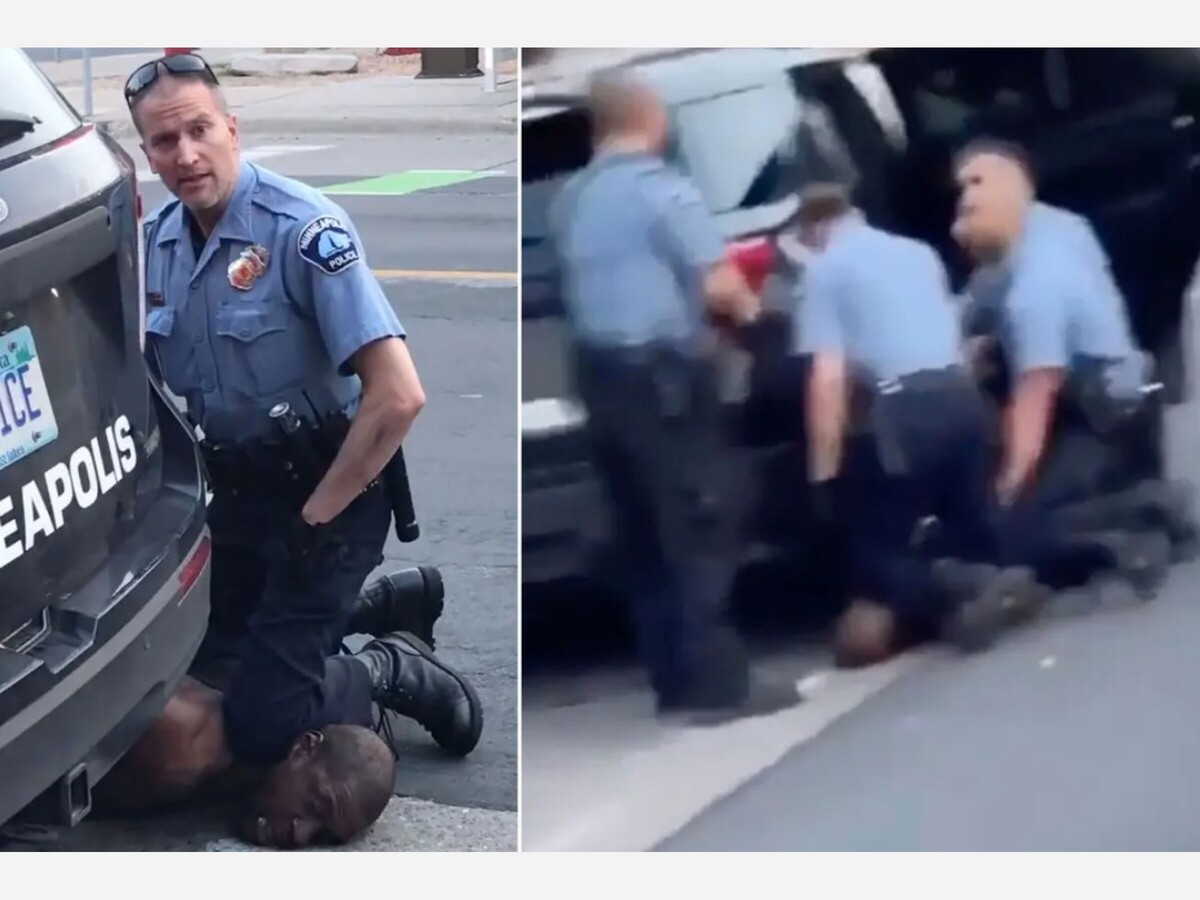

On May 25, 2020 on the corner of 38th and Chicago, George Floyd was murdered by then-Minneapolis police officer Derek Chauvin.
A series of community events took place in Minneapolis to honor the life of George Floyd on Friday, with organizers hoping to create a space for healing, reflection and a commitment to racial justice.
At the same time, a group is working hard to preserve plywood murals in Minnesota from the movement sparked by Floyd's death.
Minneapolis Jacob Frey, Minnesota Gov. Tim Walz and Minnesota Rep. Melissa Hortman — along with other members of the Minnesota Legislature — all released statements reflecting on the last five years since Floyd's death.
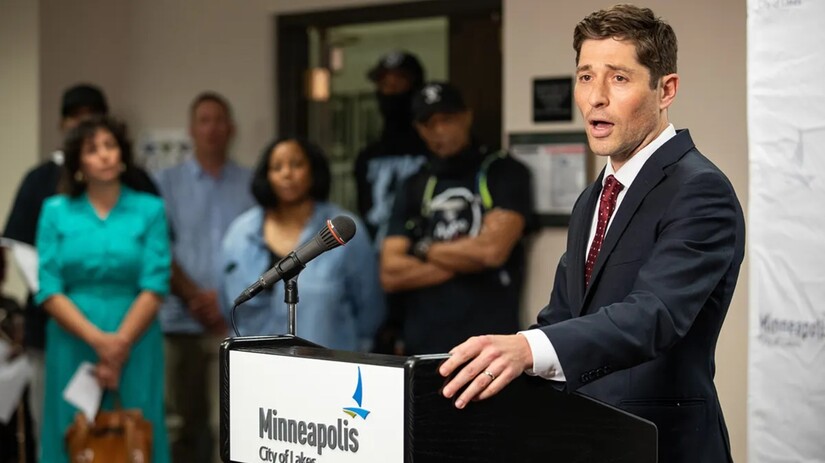
"Five years ago today, George Floyd was murdered by a former Minneapolis police officer. That moment shook our city and our country -- and it demanded that we change.
"Since then, our city has come together to push not just for reform, but to rebuild the system. We created stronger oversight, overhauled our use of force policy, changed how officers are trained and hired, and rethought how we respond to people in crisis. We've made progress, but the work is far from over.
"Change on this scale is never easy. It requires time, resources, and commitment. And it requires that we stand by that commitment when we lose support from our federal partners. We have a responsibility not just to the city, but to a nation that is watching Minneapolis to see if police reform can survive a White House that is rooting for its failure. At a time when the federal government is fighting to roll our progress back, cities like Minneapolis have to lead the way forward.
"We owe that to George Floyd and his family, our Black and Brown neighbors, and to everyone who has felt the weight of injustice and demanded better.
"The work continues. And Minneapolis will keep showing what's possible when a city commits not just to saying the right thing, but to doing the right thing."
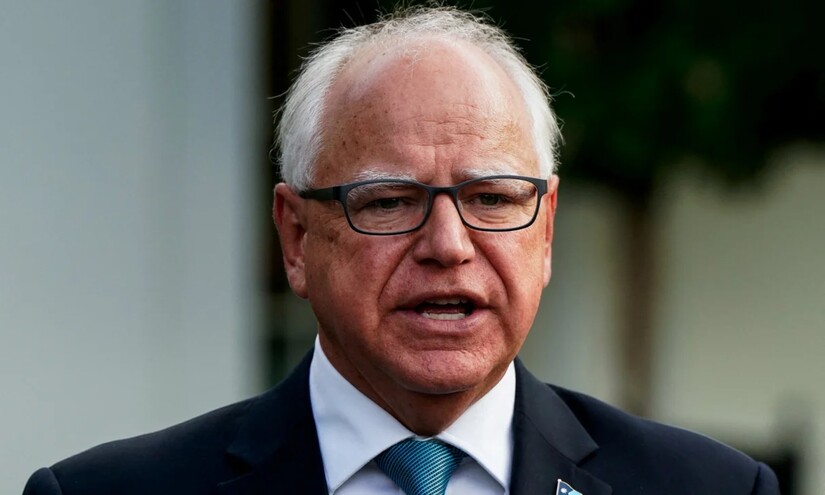
"Today, we honor and remember George Floyd. Five years ago, his death marked a turning point in our nation and sparked a global movement. Minnesotans raised their voices, calling for justice and real, meaningful change to prevent a murder like this from ever happening again.
"In Minnesota, we heeded that call for change. We've made key reforms to policing and public safety, including banning chokeholds and neck restraints, imposing a duty to intercede on officers who witness a colleague using excessive force, and banning warrior-style training.
"The most important legacy we must carry on is ensuring that race and identity don't determine Minnesotans' safety or ability to thrive. Everyone deserves to be respected and protected by law enforcement. Our work to combat discrimination and ensure the humanity of every person in Minnesota is protected is ongoing.
"Gwen and I are holding George Floyd's family and friends in our prayers. Minnesota continues to mourn his loss and honor his legacy in hopes that it might make our state better for generations to come."
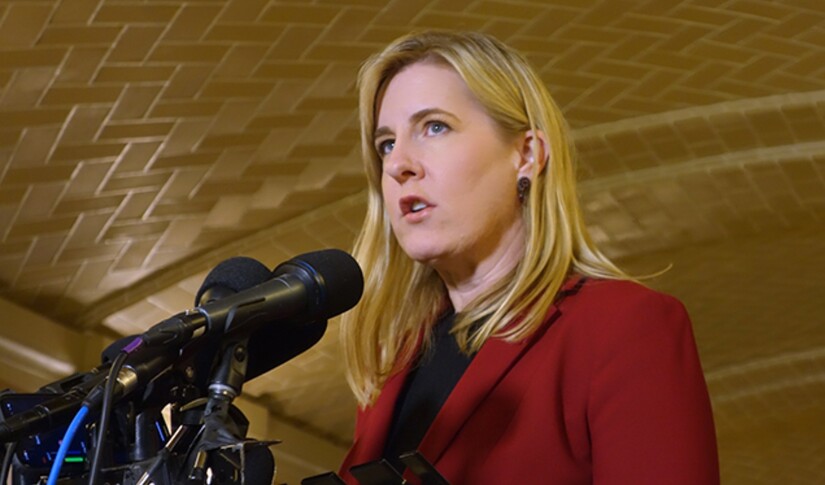
"Today is a very difficult day for Minnesotans, especially the BIPOC community. George Floyd's life mattered, and he should still be alive today.
"After George Floyd was brutally murdered, the House DFL, led by members of the People of Color and Indigenous Caucus, took bold action to reform policing, protect Minnesotans' civil rights, and fight for racial justice. We declared racism a public health crisis, established the Select Committee on Racial Justice, and enacted many of the committee's recommendations in the years that followed.
"We will keep doing everything in our power to prevent the senseless loss of life we witnessed five years ago."
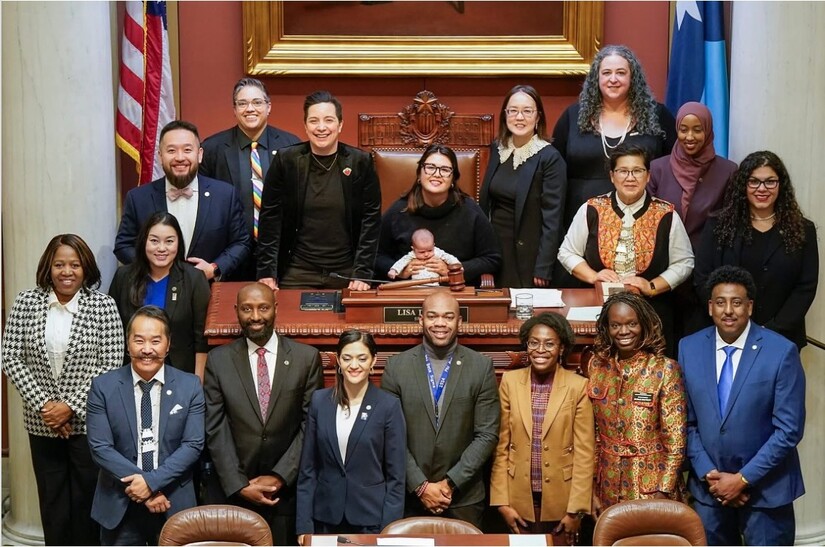
"Five years after George Floyd's murder, the POCI Caucus has led transformative criminal justice reforms across Minnesota. From 2021's critical police accountability measures—including no-knock warrant regulations, Community Violence Prevention grants, and landmark legislation like Matthew's and Travis's Laws—to the 2023-2024 'DFL Trifecta' achievements of independent investigations for officer-involved deaths, traffic stop reform, and adding 200 public defenders, we've made significant progress toward justice. While these victories represent meaningful steps forward, our work is far from complete.
"The path forward has not been easy. For a time, we had some partnership from Washington particularly with a federal consent decree, but with Trump's return, we face increased hate and bigoted rhetoric that continue to challenge how we connect with our neighbors.
"The POCI Caucus remains committed to addressing the root causes of inequity across our state while protecting hard-fought reforms since 2021. Five years after George Floyd's murder, we honor his memory through sustained action, recognizing that true transformation requires both policy change and cultural shift—a willingness to confront uncomfortable truths about our systems and institutions."
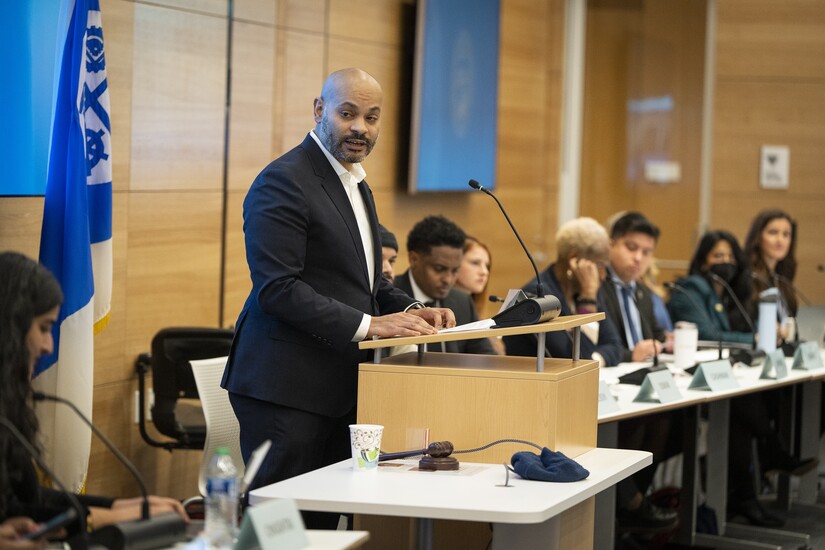
"Today marks the 5-year anniversary of the murder of George Floyd.
"Derek Chauvin knelt on George Floyd's neck for 9 minutes and 29 seconds. It's hard to imagine how someone could do this. That's why, at last week's City Council meeting, we recognized 9 minutes and 29 seconds of silence as a time of reflection.
"During that time, I thought about everything that has happened these last 5 years. I went back to the day he was murdered and remembered collapsing in my backyard after learning it happened. At that time, I was working in City Hall in the Office of Performance & Innovation (OPI). I thought about how after George Floyd's murder, our team sprang into action, working to create a new mental health response which eventually became our Behavioral Crisis Response (BCR).
"I remembered the anguish and heartbreak I felt when I realized the city administration was actively undermining the launch of BCR out of a fear of alternative responses. I remembered how powerless I felt as I watched my former teammates in OPI plea for the administration to change the toxic, racist culture embedded in City Hall. I remembered all the closed sessions I've been in as a Council Member where we had to review case after case of police misconduct, many of them stemming from past victims of Derek Chauvin's abuses, enabled by the city's
"Going through these reflections helps clarify what we've accomplished since then, and how much there is left to do. We've successfully created and expanded BCR, entered into a settlement agreement with MDHR, selected Effective Law Enforcement for All (ELEFA) as our independent monitor, and seen reforms to MPD's trainings and practices as noted in ELEFA's latest report.
"Although we have seen progress, we can look at this past year and see how we failed Davis Moturi and Allison Lussier, again exposing firsthand how much our system is still failing Black, Brown, and Indigenous residents in our City and how our work is incomplete.
"We also saw the Trump administration seek to end the Federal Consent Decree which, along with the MAGA movement to pardon Derek Chauvin, is an effort to completely erase what happened here. Findings from the Minnesota Department of Human Rights (MDHR) and Department of Justice (DOJ) investigations confirmed what so many in our community already knew: that George Floyd's murder was not just some one-time isolated incident within the Minneapolis Police Department.
"The further we get from the day he was murdered, the more many try to sanitize what happened and the impact his murder had on our city and on the entire world.
"That's why it's so important to take the time to reflect, remember, and honor what we all collectively went through. Let's also remember how we all collectively responded. This murder happened in broad daylight and we took to the streets to demand justice. And when white supremacists came to our city to cause havoc and sow division, all they did was bring us together.
"In the middle of a global pandemic, we reached out to our neighbors and formed neighborhood watch groups to stay up all night and keep each other safe. We worked together to help rebuild our City, literally bringing our own supplies to build each other back up.
"When I think about how we can honor George Floyd's life and legacy, I think back to how his murder sparked a never-before-seen movement to fundamentally change policing. We need that again now more than ever to ensure that what happened to George Floyd never happens again in our city."
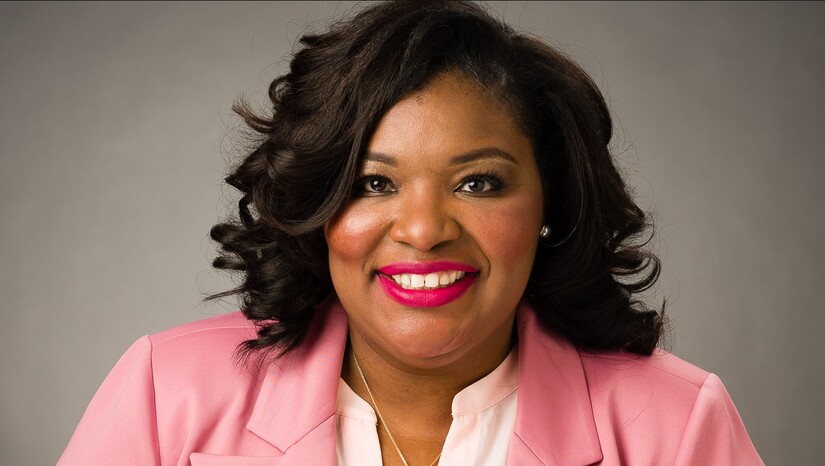
"Today marks five years since George Floyd was murdered here in Minneapolis. We will never forget that moment or the pain it caused across our city and far beyond. We remember George Floyd not only as a symbol of a broader movement for justice but as a father, a brother, a son, and a human being whose life was taken in a moment that shook the world.
For many in our community, this day brings a complicated mix of pain, anger, reflection, and resolve. I carry those feelings with me too.
Since that time, Minneapolis has taken real steps, not just promises to change a broken system. Reform isn't easy and it's far from done, but the progress is real. From rewriting use-of-force policies to improving officer training and wellness, we've worked to make public safety more responsive, more accountable, and more rooted in community.
We've invested in violence prevention, expanded mental health response teams, and reduced the backlog of misconduct complaints. We're supporting better officer recruitment, higher morale, and clearer expectations. And for the first time in a long time, we're seeing public safety departments reflect the values our residents are asking for.
Change doesn't happen overnight, but it does happen with sustained effort, and that's what we've committed to. This work is hard, ongoing, and deeply necessary.
To Ward 4 and Minneapolis: thank you for staying engaged, asking hard questions, and holding us accountable. You're the reason we've made progress and the reason we'll keep going.
We honor George Floyd's life not just with words, but with real change and progress. Let's keep going."
SOURCE: CBS NEWS